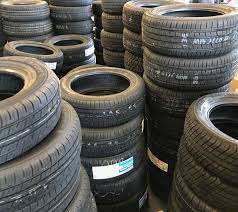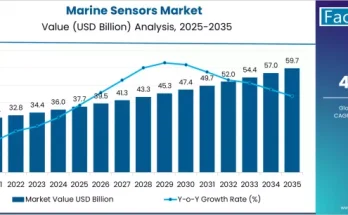The automotive tire market is projected to register a steady growth during the 2017-2022 period with the market estimated to be valued at almost US$ 300 billion in 2019. Enhanced tire performance, surging tire production, and introduction of innovative products are some of the factors fueling automotive tire market growth.
A recent surge in the mobility service offerings across the world is fuelling demand for lightweight commercial vehicles. Growing traffic congestion, environmental concerns, and advancements in technology are gradually inducing a change in consumer perception. Mobility solutions include a wide array of services such as shared transport, on-demand transport, autonomous driving vehicles, and subscription-based transport services. These services are likely to create demand for commercial vehicles in the foreseeable future and are expected to be a vital cause contributing to the growth of the automotive tire market. According to the report, LCVs are estimated to contribute US$ 76 billion to the automotive tire market revenue in 2019.
Request a sample of this report for more market insights – https://www.factmr.com/connectus/sample?flag=S&rep_id=12
Technological Breakthroughs to Aid in Market Proliferation
Technological headways are increasingly aiding automotive tire manufacturers to streamline their production process, attain sustainability, and cater to the changing consumer demands. The maturing industry 4.0 technologies are helping manufacturers gain greater control over the quality of production at lower costs. Additionally, sophisticated technology is providing a mechanism for manufacturers to optimize the supply chain and gain maximum profitability in the market. A recent development complementing the integration of technology in automotive tire manufacturing was when Michelin launched Vision, a 3D-printed tire using sustainable materials. The company is planning to leverage the technology for production of tires with 80% sustainable materials as constituents.
OEMs and other tire manufacturers are aiming to leverage vehicle connectivity to further strengthen their marketing and distribution network. With potential car-to-internet connectivity on the cards in the foreseeable future, manufacturers are planning to equip their stores to allow identification of consumers in need of tires in the vicinity.
Automotive Tire Market – Competitive Landscape
- With the traction for sustainability in the automotive tire market on the rise, Continental A.G recently revealed that it had developed a sustainable adhesive for bonding rubber with textile reinforcement material in collaboration with Turkey-based Kordsa Tecnik Tekstil A.S. The German-based tire manufacturers plan to leverage the sustainable adhesive for production of a new line of tires in the foreseeable future.
- Vehicle performance and fuel efficiency are gradually becoming key parameters of vehicle selection. In order to tap into the growing consumer base, Daimler, North America, has decided to equip its Freightliner trucks with Michelin X Line EnergyTM D+ long-haul tires. Daimler plans to enhance the fuel efficiency of its Cascadia Class 8 heavy-duty truck from its previous models launched in 2017.
- Intensifying innovation in the automotive tire market saw another development complementing the concept after Goodyear launched a new aero concept tire. The company claims the tires will pave way for the development of flying cars with the propeller blades installed in the tire providing the mechanism for helping cars to transition from land to air.
- To meet the growing demand for automotive tires Sumitomo Rubber Industries announced it would be doubling its production of truck tires at its production facility in Fazenda, Rio Grande, Brazil. With an investment of $37 million, the company expects the production of 1000 truck tires per day at the production plant.
Other leading players operating in the automotive tire market include Bridgestone Corporation, The Yokohama Rubber Co., Ltd., Madras Rubber Factory Limited, Pirelli & C. S.p.A, Apollo Tyres Ltd., and Cheng Shin Rubber Industry Co.



